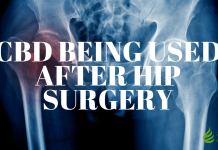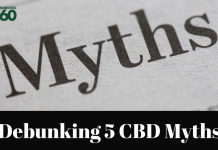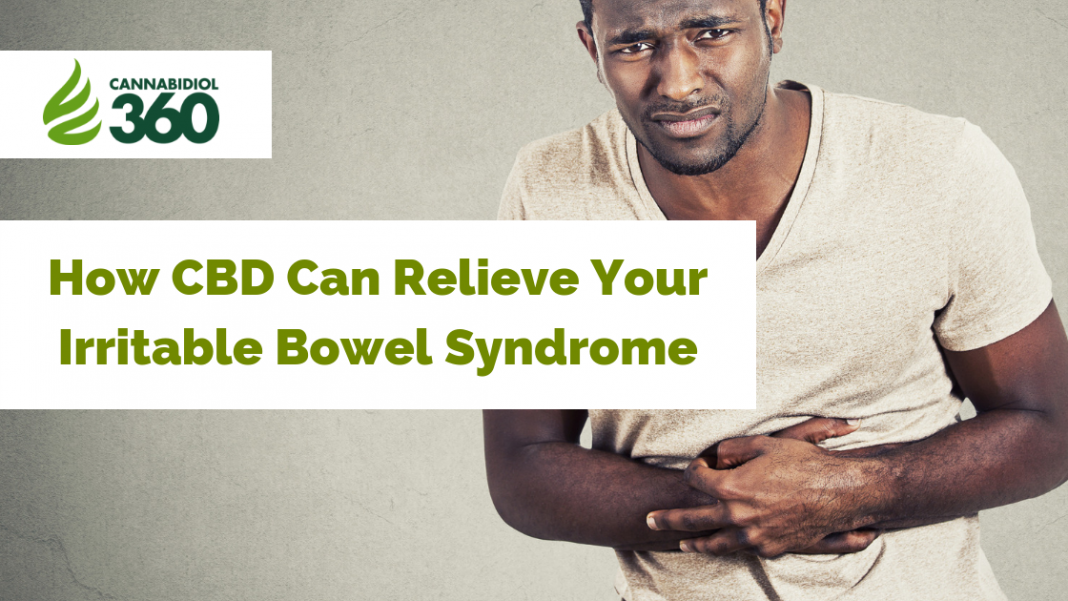
Anyone who has IBS knows how difficult it can be to manage symptoms like bloating, gas, diarrhea and constipation.
Sadly, there’s no known cure for IBS at the moment, and patients are responsible for making a good amount of lifestyle changes in order to control the severity of their symptoms.
Interestingly, new research indicates that CBD might be able to help a person heal the digestive tract while keeping common IBS symptoms under control.
This natural, plant-based compound seems to have what it takes to soothe the large intestine thanks to its abundance of marvelous medicinal properties that come from its unique chemical composition.
If you’re suffering with IBS, we strongly suggest giving CBD a try. This holistic treatment option is relatively risk-free compared to the many other medications that are on the market.
Of course, before you start trying to manage your IBS with CBD, talk to your doctor so that they can recommend the best course of action possible.
What is IBS?
IBS is a condition in which the large intestine is dysfunctional. While IBS is not deadly, it is extremely uncomfortable and even painful.
While some people who have IBS will experience only minor discomfort from time to time, others deal with chronic pain as part of their daily lives.
How Does IBS Occur?
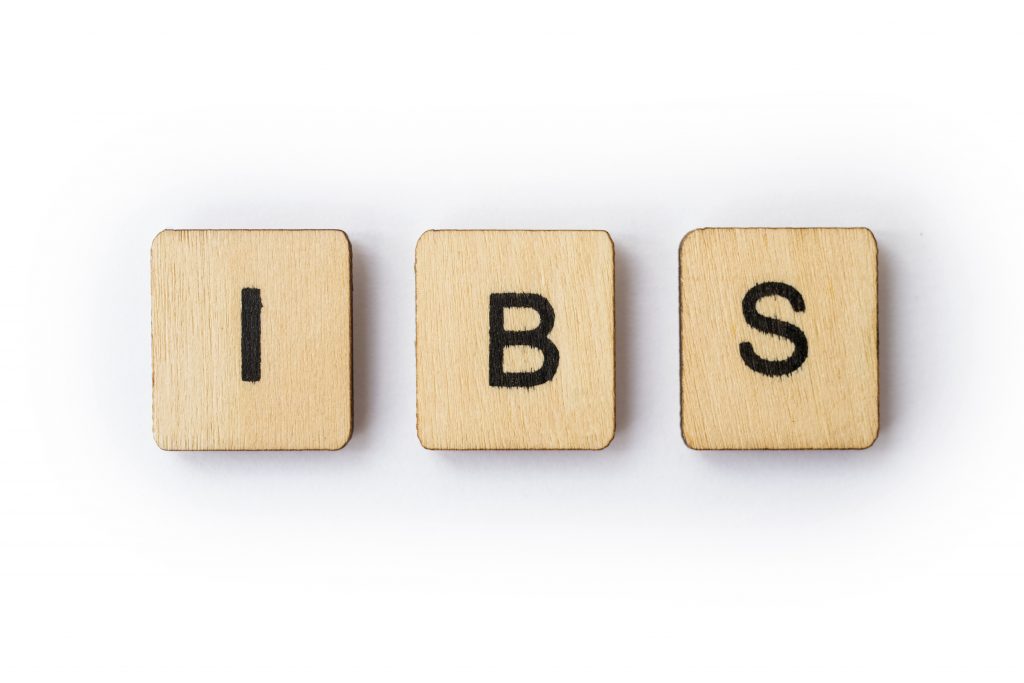
The exact cause of IBS is currently unknown. However, it is believed that certain factors can contribute to the development of IBS.
One possible cause is neurological, in which the brain and large intestine sends mixed signals to each other, stimulating certain symptoms as the result of a faulty nervous system response.
Another cause is an infection of the large intestine that produces lifelong symptoms after the infection has cleared up.
It’s believed that chronic stress can lead to IBS as the excessive amount of cortisol in the bloodstream harms the large intestine over time.
Some medical experts also believe that overuse of antibiotic medications can damage the large intestine as it relies on a healthy balance of flora in order to prevent becoming inflamed.
It’s also believed that IBS can be the result of inappropriate contractions of the large intestine. These contractions force food to move at a regular pace so that it may be digested in an efficient manner.
If the contractions are abnormally strong, diarrhea can result. If the contractions are too weak, food can get stuck inside the intestine for a long period of time, resulting in bloating, gas and constipation.
It’s believed that IBS can result from a fluctuation between weak and strong contractions.
Some people may have IBS for years before noticing symptoms. Frequently, symptoms are triggered by something such as stress, poor diet or hormonal changes.
What are the Symptoms of IBS?
The most common symptoms of IBS are:
- Gas and bloating issues.
- Fluctuation between diarrhea and constipation.
- Chronic vomiting and nausea.
- Many patients lose weight as the discomfort causes them to lose their appetite while the frequent diarrhea prevents enough calories from getting absorbed into the body.
- People with IBS may develop nutritional deficiencies as their large intestine fails to absorb the proper amount of nutrients from food.
- In some cases, IBS can cause rectal bleeding.
How’s IBS Diagnosed?
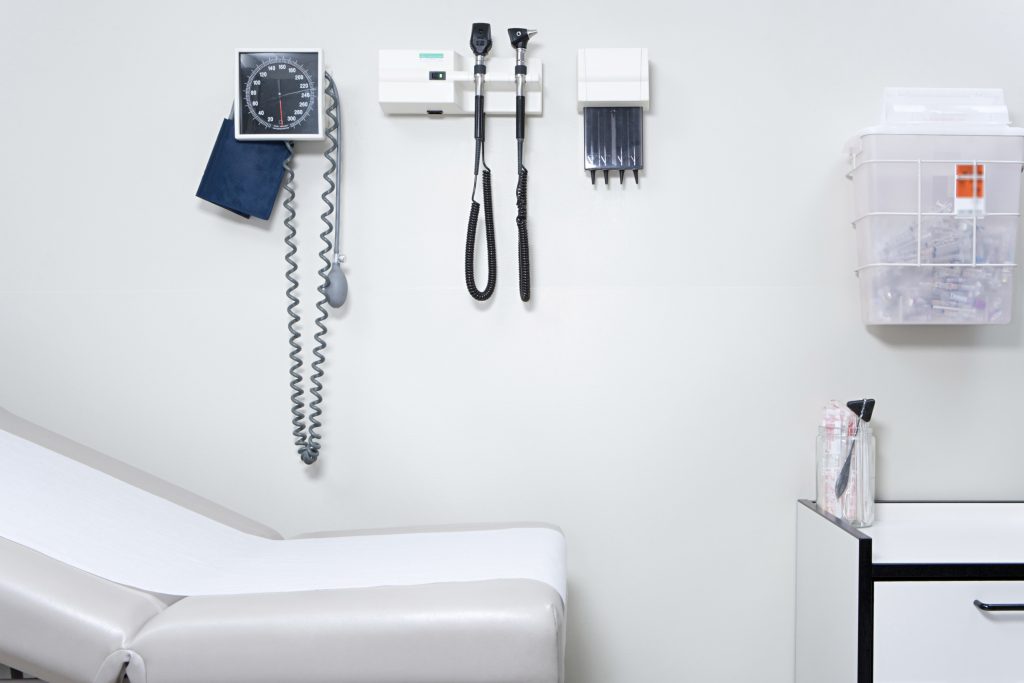
Unfortunately, there is no proper way to diagnose IBS as there is nothing to physically observe in the large intestine. Normally, IBS is diagnosed by telling a doctor the symptoms that you’re experiencing.
How’s IBS Treated?
Typically, IBS is treated by making certain changes to your diet and lifestyle. If certain foods trigger more severe symptoms, those foods must be avoided.
Certain nutritional experts suggest avoiding any foods that can produce an inflammatory response, such as gluten, sugar, dairy and alcohol.
Because IBS symptoms come and go for many patients, it’s really about managing the symptoms on a day-to-day basis. This may involve taking certain painkiller medications or gas-reducing medications when symptoms are particularly severe.
Can CBD Help with IBS?
Some research suggests that CBD might be useful as a treatment for IBS symptoms. This has to do with the unique way in which CBD affects the human body.
CBD supplements the body’s endocannabinoid system that utilizes the cannabinoid in order to regulate the body’s many important processes.
The endocannabinoid system attaches these cannabinoids to cannabinoid receptors throughout the body to stimulate homeostasis.
However, when our bodies are deficient in cannabinoids, bodily processes such as inflammation, pain tolerance, mood and sleep can become imbalanced, causing various illnesses as a result.
A study found that CBD decreased symptoms of IBS in mice. The study found that the digestive tract has CB2 receptors that respond positively to cannabis.
CBD interacts with these receptors in order to balance immune function along the digestive system, allowing inflammation to decrease so that the intestines are less symptomatic. In fact, CB2-AG receptors that control inflammation levels are uniquely abundant in the large intestine.
It found that when the CBD was administered to the mice, their digestive tracts became less inflamed. This allowed for food to pass through more easily and at a steadier rate, eliminating symptoms like excessive gas and diarrhea.
Other findings observed the effects of CBD on humans with IBD. The researchers surveyed 214 IBS patients in Spain, asking them whether or not they used the cannabinoid in order to experience relief from their symptoms. The study found that almost every single participant used CBD because it eased their pain and discomfort.
Another thing that makes CBD a promising treatment option is the way in which it treats such a wide variety of issues that can lead to IBS.
For instance, CBD is famous for its potential benefits on the nervous system. Many users report that CBD helps calm their stress and anxiety, and new research backs up this anecdotal evidence with fascinating studies showing exactly how this cannabinoid interacts with the brain’s chemistry.
Because IBS can be triggered by severe stress, CBD may act as a helpful treatment for those who wish to prevent this common trigger from causing severe symptoms.
CBD is also known for its potential analgesic properties, meaning that it blocks pain receptors in the brain from receiving information that the body is in distress. For those who experience pain due to IBS, CBD might help tremendously.
Lastly, CBD is known for being high in anti-inflammatory activity thanks to its chemical composition. When CBD is ingested, it may be able to ease the digestive tract by lowering inflammation as it passes through the intestines.
How to Try Treating IBS with CBD
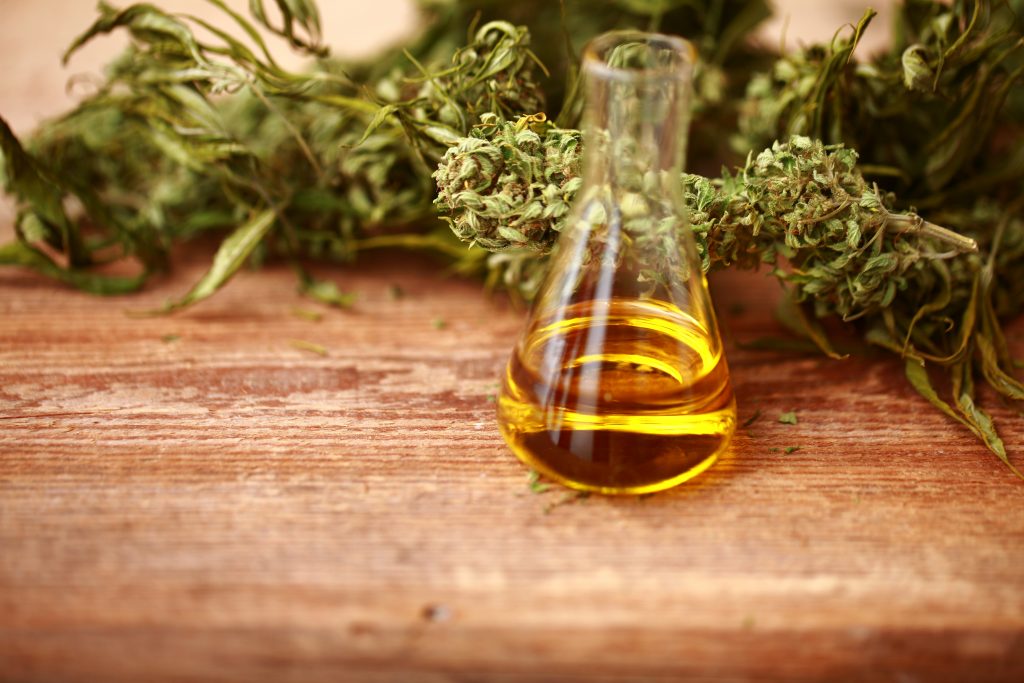
Now that you have a bit more background on it, here are some ways for possible treatment.
Find the Right Product
The first step to trying to treat IBS with CBD is finding the right brand and the right product.
Today, the CBD industry is unregulated, meaning that you have to be diligent in your efforts to find a trustworthy company. Look for a brand that shows you their lab results on their website.
This will give you some insight into the quality and potency of the CBD products that they sell.
Also, it’s wise to check reviews in order to make sure that their products have helped others.
Go with an Edible
If you’re trying to treat IBS, we suggest using an edible CBD product. Edibles can benefit the digestive system because they must pass through the digestive tract before taking effect.
During this time, they attach to receptors along the intestines. Another benefit of taking CBD in the form of an edible is that its effects can last for a very long time compared to other methods of administration.
Give it Some Time
Everyone’s endocannabinoid system has different needs, which means that some are more deficient in cannabinoids than others.
CBD behaves like a dietary supplement in that it slowly replenishes the body.
While some people feel its effects right away, others may need a few weeks as the compound needs to accumulate in the body. If you don’t feel results right away, give it some time.
Adjust Your Dosage as Needed
Everyone’s body is different, which means that your ideal dosage is dependent on several factors.
Start with a low dosage and work your way up as needed. CBD is non-toxic, so you don’t have to worry about overdosing.
For People Suffering with IBS, There’s Hope Yet
CBD might be able to help you manage your IBS symptoms due to its highly unique chemical properties that ease the digestive system while potentially helping with the underlying cause.



